If you’ve been bitten by the pickleball bug (and let’s be real, who hasn’t?), you’ve probably wondered, “How good am I, really? And how can I tell?”
Enter DUPR, the Dynamic Universal Pickleball Rating, a new system that’s about to make your pickleball life way more exciting.
What Exactly is a DUPR Number?
DUPR (rhymes with super) was invented in 2021 by Steve Kuhn, the founder of Major League Pickleball (MLP). The system was designed to be the most accurate and inclusive global rating system for pickleball players, providing a dynamic and real-time reflection of a player’s skill level across various match formats.
A DUPR number is a rating that reflects your skill level in pickleball. It ranges from 2.000 to 8.000 and is determined by factors such as the points you win, match outcomes, and the types of games you play.

DUPR is a pickleball rating system for everyone. Photo from DUPR.com.
Here’s an example of how the DUPR rating system works:
Let’s say you and your partner are rated 4.0 and up against a team rated 4.5. The DUPR algorithm calculates an expected value (EV) for how many points your team should score — let’s say it’s 7 points. Even if you lose the match with a score of 9-11, you’ve outperformed your expected value by scoring more than 7 points.
Cool, right?
As a result, your DUPR rating could increase, even though you lost, because the system recognizes that you played better than anticipated against stronger opponents. This way, DUPR rewards your performance, not just the final outcome.
So, What’s the Big Deal About DUPR?
DUPR isn’t just another rating system — it’s the rating system.
Imagine knowing exactly how you stack up, not just at your local court but compared to players worldwide.
But here’s the best part: DUPR isn’t static. It updates in real-time based on your latest matches. Play well, and your rating goes up; have an off day, and it might dip—but that just gives you more motivation to get back out there and improve.
Plus, it’s completely gender-neutral and only cares about your court performance, as we showed in the example above. Your DUPR number isn’t just about winning and losing — it’s about how well you played.
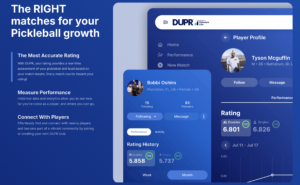
Knowing your DUPR number helps you match up with players better.
Why It’s Awesome to Know Your DUPR Number
Let’s talk about why DUPR makes pickleball even more fun.
First, it creates fair and competitive matchups, a game-changer for tournaments, round robins, and casual play alike. Gone are the days of mismatched games where one team steamrolls the other. DUPR ensures that players with similar skills face off, making every match more exciting and challenging.
And if you’re the kind of player who loves seeing progress, DUPR is perfect for you. Knowing that every point and every match can impact your rating adds a whole new level of intensity. You’ll hustle for every ball and fight for every point because it all counts.
Plus, finding similarly skilled partners for more competitive games becomes a breeze — DUPR takes the guesswork out of matchmaking, so you can spend less time coordinating and more time playing.
Check out the DUPR website for more info. If you don’t have your DUPR number yet, you can easily sign up for one here or download their app.
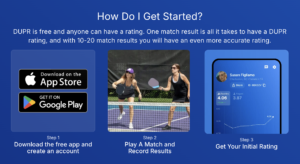
It’s simple to get your DUPR number. Photo from DUPR.com.
Get Your DUPR Number at the DUPRXpress Round-robin
Want to get your DUPR number up and running (and have a bunch of fun doing it)?
Great news — IPOP is hosting the DUPRXpress Round-robin from 9 a.m. to 2 p.m. on September 21st, 2024, at Robert Burnaby Park in Burnaby, BC, and it’s the perfect chance to get your DUPR number!

The DUPR-express pickleball tournament,
And, of course, beginners are welcome (the great thing about DUPR is that it takes your skill level into account, so your rating is more about how well you played relative to your competition than just wins and losses)!
This event isn’t just about fun and competition — it’s also a BC Children’s Hospital Foundation/Focus Humanitarian Assistance fundraiser and a BBQ to get to know your fellow pickleballers better.
- The round-robin fee is just $40 (includes a BBQ lunch and to support Focus Humanitarian Assistance and the BC Children’s Hospital)
- Everyone plays mixed doubles.
- We’ll enter the scores to get your DUPR number for you at the event (after you join IPOP’s DUPR club, which we’ll send instructions on).
Sound like a good time? It will be!
If you want to sing up to play in this round-robin, click this link to the IPOP website and follow the instructions.
But hurry up and register because there are limited spots available.

Conclusion
DUPR isn’t just about numbers — it’s about making pickleball more enjoyable for everyone. It levels the playing field, encourages continuous improvement, and brings players together in a global community. Whether playing for fun or looking to climb the ranks, DUPR adds a layer of excitement and fairness that’s hard to beat.
So, why wait? Dive into DUPR and see how this game-changing system can elevate your pickleball experience. Click here to register for your DUPR account today. It’s fast, free, and easy. And if you register for the DUPRxpress, we’ll send you a link to join IPOP’s DUPR club. See you there!



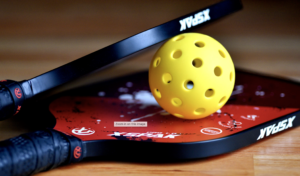

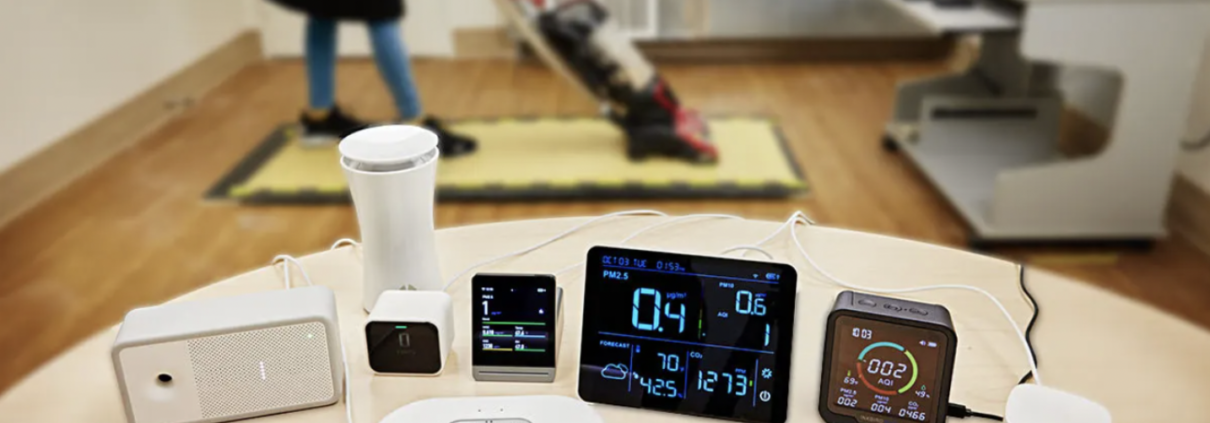
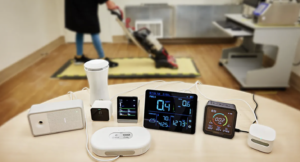

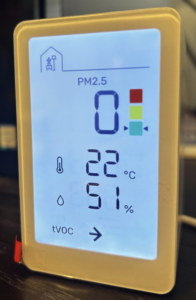

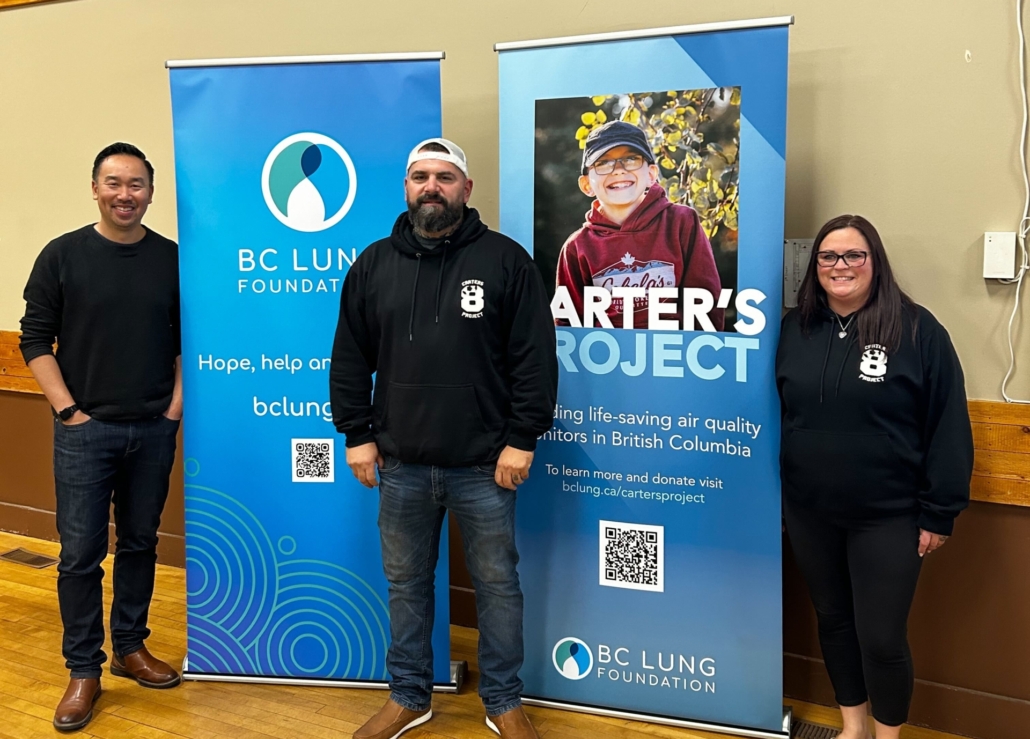

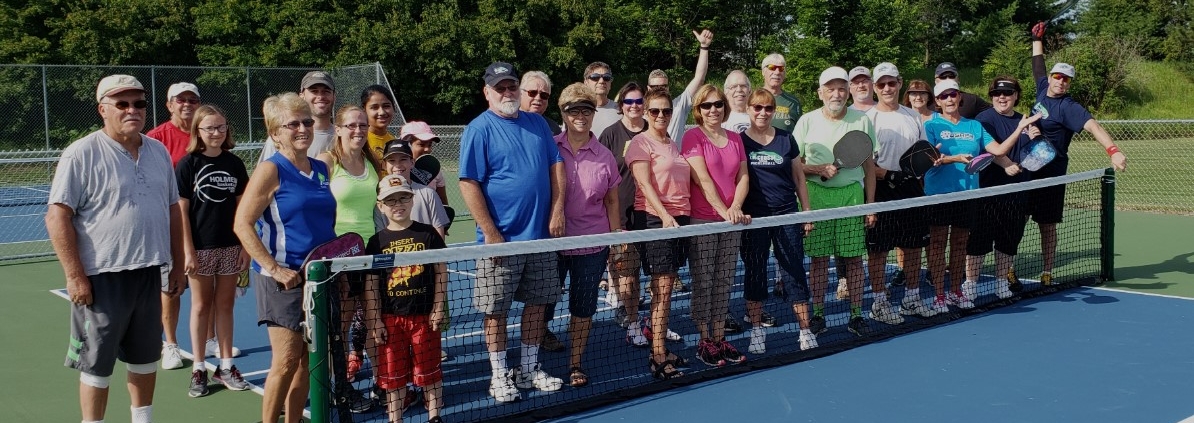 open commons
open commons 


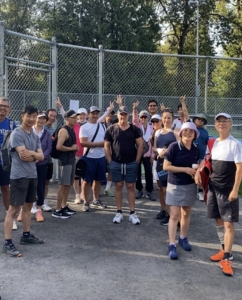
 ipop sports and entertainment
ipop sports and entertainment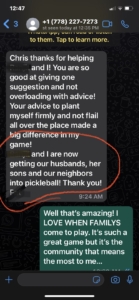

 IPOP Sports and Entertainment
IPOP Sports and Entertainment 
